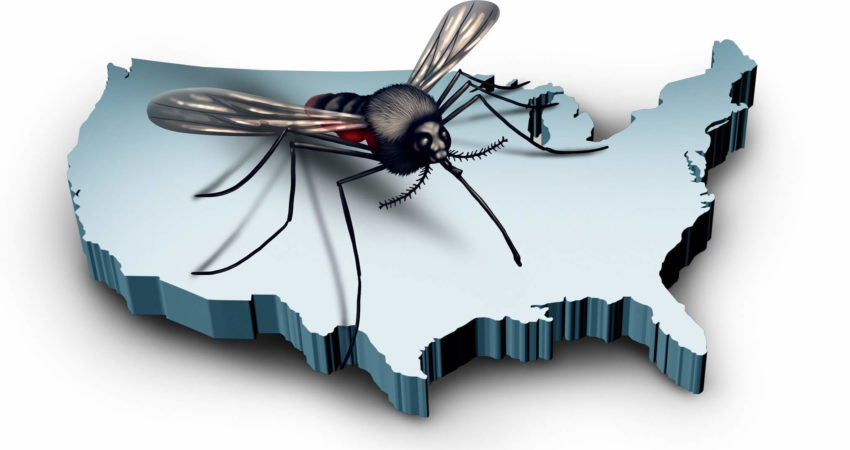Archives
Select Archives- March 2021
- July 2019
- June 2019
- May 2019
- March 2019
- February 2019
- January 2019
- November 2018
- October 2018
- September 2018
- July 2018
- June 2018
- May 2018
- April 2018
- March 2018
- February 2018
- January 2018
- December 2017
- November 2017
- October 2017
- September 2017
- August 2017
- July 2017
- June 2017
- April 2017
- March 2017
- February 2017
- January 2017
- December 2016
- November 2016
- October 2016
- September 2016

Even though news of the Zika virus hasn’t been as often as in previous years, there is still plenty going on with this issue in the United States. Zike has not be eradicated in the country and likely won’t be for quite some time. Here are some statistics surrounding the Zika virus and the case count in the US.
Reporting
The reporting of Zika virus cases in the United States is done by local, territorial, and state health departments. The reports are sent to the Centers for Disease Control (CDC). Because of the number of cases, the Zika virus is now a nationally identifiable disease in the country. When reports of Zika are submitted to the CDC they are done so using standard case definitions.
US Case Count
The Zika virus case count for the United States is based on reports made to the CDC from January 1, 2015 to April 5, 2017 and the count is divided into two categories: United States case counts and United States Territories case counts.
United States Zika Case Count
In the timeframe listed above there have been 5,197 Zika cases reported in the United States. Of those cases, 4,901 occurred in people who returned from the country after traveling to an affected area. There were 222 cases acquired through transmission from local-borne mosquitoes in Florida (216) and Texas (6). There were 74 cases acquired through transmission from other means, such as sexual intercourse (45), congenital infection (27), laboratory (1) and person-to-person through unknown transport (1).
United States Territories Zika Case Count
In the timeframe listed above there have been 36,504 Zika cases reported in United States territories. Only 143 of the cases occurred from travelers returning from affected areas. The remaining 36,361 cases reported came from local mosquito-borne transmission. No other cases were reported from other means of transmission. Sexual transmission of the Zika virus is not possible to report in United States territories due to local transmission of the virus.
Contact the knowledgeable staff at Tick Killz today to learn more about the Zika virus and how you can protect yourself when traveling.
